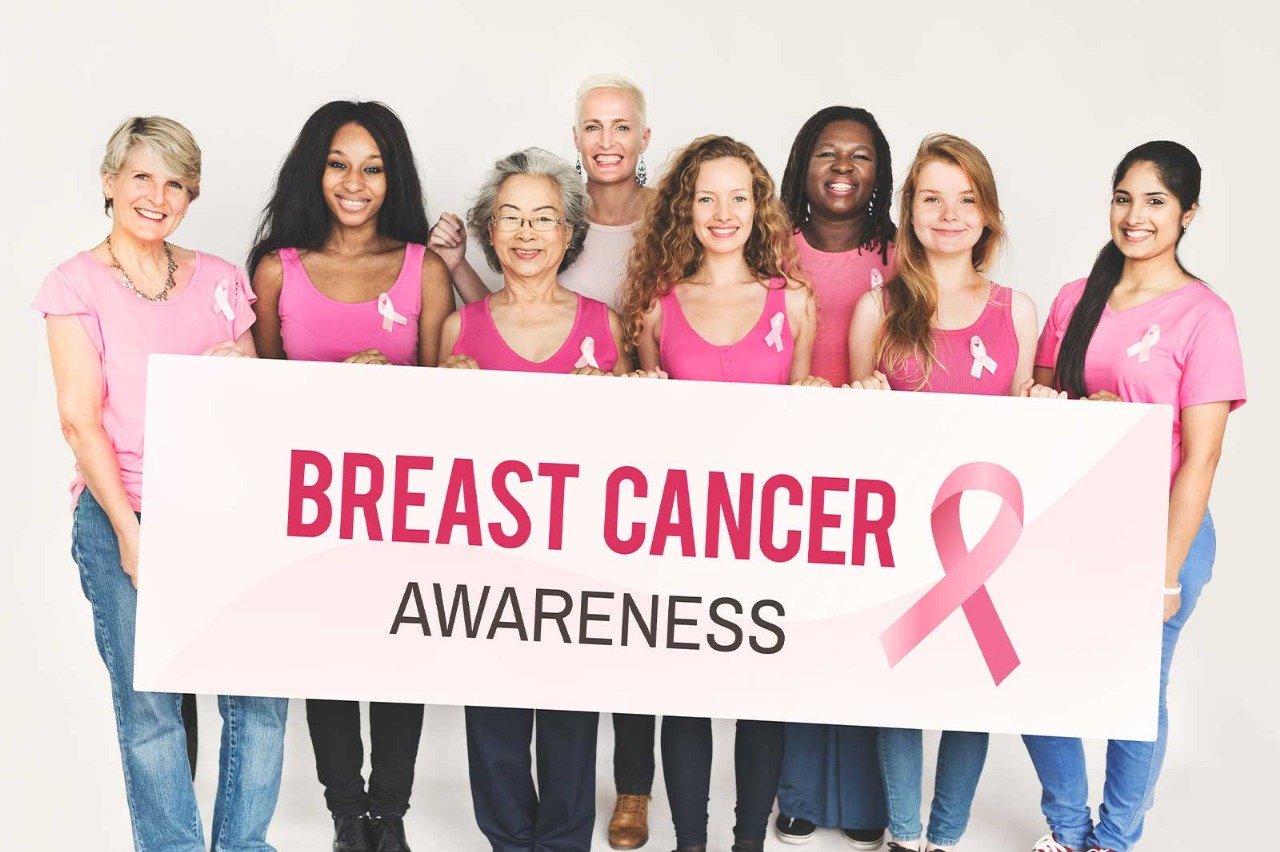Cigarette advertising in magazines has long been a controversial topic, with its ethical implications reaching far beyond just the tobacco industry. For decades, tobacco companies used magazine ads to promote smoking, often targeting young adults and vulnerable groups while downplaying the well-documented health risks associated with cigarettes. The imagery, slogans, and messaging used in these ads shaped consumer perceptions and helped cement smoking as a part of popular culture.
For Georgia marketers today, it’s crucial to understand the ethical lessons learned from this practice. While the advertising landscape has evolved, the impact of these past strategies is still felt today. In this article, we’ll delve into the history of cigarette advertising in magazines, examine the ethical issues it raised, and discuss the lessons that modern marketers can take away to avoid similar mistakes.
1. The Golden Age of Cigarette Advertising in Magazines
Before smoking became widely recognized as a health hazard, cigarette ads were everywhere, particularly in magazines. Companies like Marlboro, Camel, and Lucky Strike used print media to reach millions of readers, shaping public perceptions of smoking as a glamorous, desirable activity. These ads often featured cool, rugged men, beautiful women, and celebrities, creating an aspirational lifestyle around the act of smoking.
Why Cigarette Ads Were So Effective:
- Appealing Imagery: These ads often associated smoking with success, masculinity, or sophistication. For example, the iconic Marlboro Man depicted rugged, independent masculinity, which became synonymous with freedom and strength.
- Targeting Key Demographics: Cigarette companies knew exactly who they were targeting. By advertising in magazines with large circulations among certain demographics (e.g., young adults or the working class), tobacco brands were able to influence their habits and create brand loyalty.
- Lifestyle Marketing: Rather than simply selling a product, cigarette companies sold an entire lifestyle. Smoking was portrayed as part of a glamorous, carefree existence. This aspirational marketing was highly effective in creating a positive association with cigarettes.
For Georgia marketers, understanding how these ads were able to sell more than just a product can provide valuable lessons on the power of imagery, messaging, and targeting in advertising campaigns.
2. Ethical Concerns in Cigarette Advertising
As the health risks of smoking became undeniable, cigarette advertising in magazines came under heavy scrutiny. The industry was accused of misleading the public and downplaying the dangers of tobacco. Several ethical concerns arose from these advertisements, and they provide important lessons for marketers today.
Key Ethical Issues:
- Targeting Vulnerable Populations: One of the most troubling aspects of cigarette advertising was its targeting of young adults and even teenagers. Companies used imagery that made smoking appear cool and rebellious, encouraging younger audiences to start smoking. This practice is now considered highly unethical.
- Misleading Health Claims: Early cigarette ads claimed that smoking could be beneficial for health—some even suggested that certain brands were less harmful. Terms like “light” and “low-tar” were introduced to make smokers feel safer, despite the overwhelming evidence of the harms of smoking.
- Normalization of Harmful Behaviors: These ads helped normalize smoking, leading many people to overlook or ignore its dangers. In this way, cigarette advertising contributed to public health crises by encouraging habits that would lead to severe health consequences.
For Georgia marketers, the ethical issues surrounding cigarette advertising highlight the importance of transparency and responsibility in advertising—particularly when promoting products that may have harmful consequences.
3. What Modern Marketers Can Learn from Cigarette Advertising
The rise and fall of cigarette advertising offer several valuable lessons for marketers today, especially in terms of ethics, consumer responsibility, and the impact of advertising on public health. By understanding the mistakes of the past, Georgia marketers can ensure they avoid making similar errors in their own campaigns.
Key Takeaways for Today’s Marketers:
- Honesty Is Essential: Just as cigarette ads were criticized for being misleading about the health risks of smoking, today’s advertisers must ensure that their claims are truthful. Misleading or deceptive advertising can damage your brand’s reputation and lead to legal consequences.
- Don’t Exploit Vulnerabilities: Cigarette ads often targeted impressionable youth, using ads that made smoking seem attractive and glamorous. Modern marketers must avoid exploiting vulnerable audiences—whether it’s children, low-income groups, or anyone else susceptible to persuasive advertising.
- Prioritize Consumer Welfare: Marketers must consider the well-being of their customers, especially when promoting products that could impact their health. Ethical advertising practices include promoting safe, beneficial products and being transparent about potential risks.
For Georgia marketers, the key takeaway is to always consider the long-term impact of their advertising choices and be mindful of the social responsibility they carry as influencers of consumer behavior.
4. The Evolution of Advertising Ethics
Since the heyday of cigarette advertising, regulations around advertising have become much stricter, particularly in industries that affect public health. The tobacco industry is heavily regulated, with restrictions on where and how cigarette ads can appear. These regulations reflect society’s growing awareness of the ethical implications of advertising, particularly in relation to products that can cause harm.
How Advertising Regulations Have Evolved:
- Bans on Cigarette Ads: In many countries, cigarette ads are no longer allowed in print, on TV, or in public spaces due to the harm they cause. This shift reflects growing concerns about the impact of advertising on consumer health and well-being.
- Stricter Regulations for Other Products: Beyond tobacco, other industries (such as alcohol, gambling, and unhealthy foods) face increasingly strict advertising regulations to protect consumers from misleading or exploitative advertising.
- Social Media and Online Regulations: In the age of digital marketing, advertisers face new challenges in ensuring that their ads are ethical and transparent. The rise of social media has prompted calls for greater regulation of online ads, particularly those targeting children and vulnerable groups.
For Georgia marketers, understanding how advertising regulations have evolved is crucial for staying compliant with the law and avoiding potential ethical pitfalls in modern marketing.












